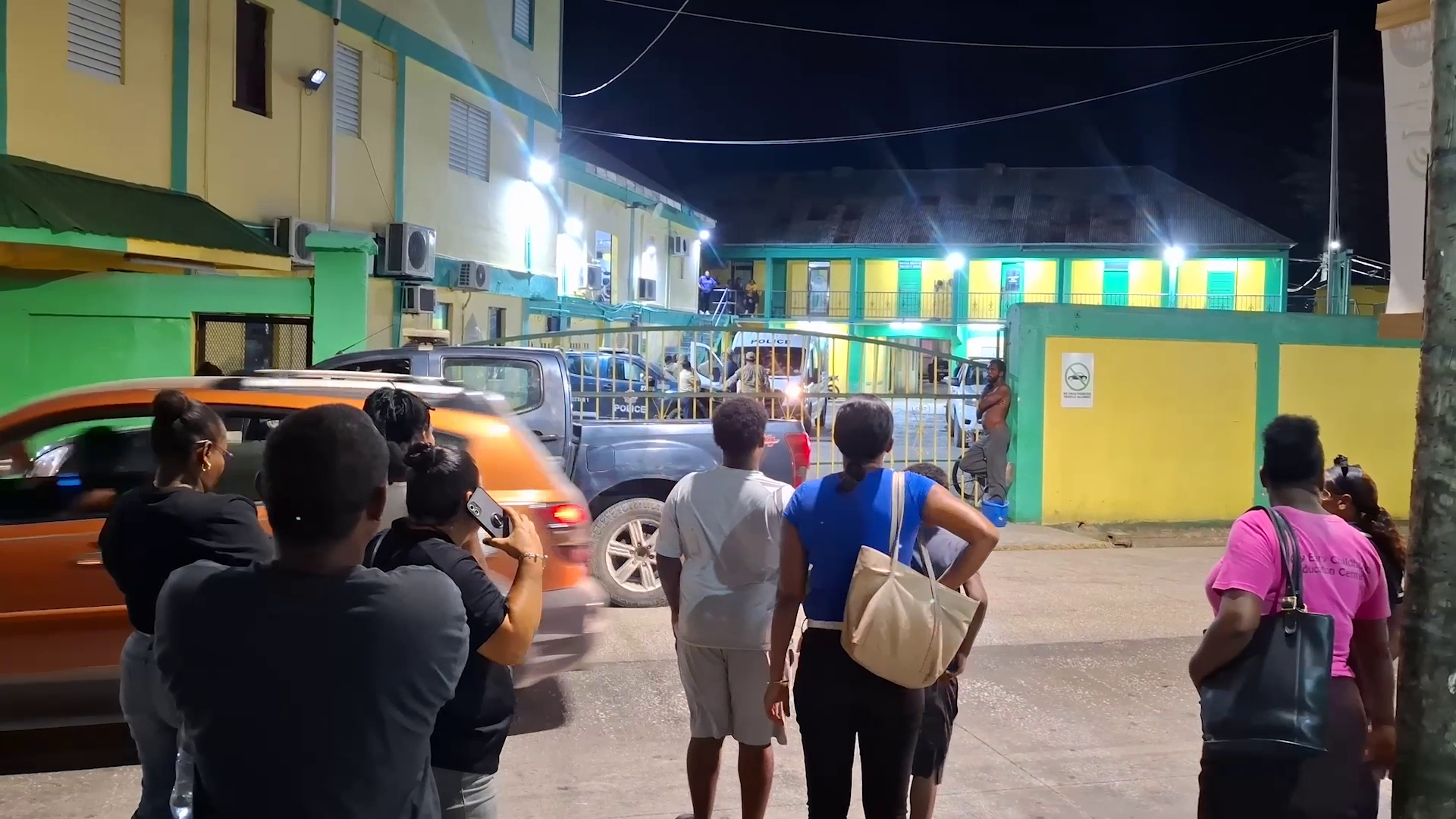A powerful court ruling is sending shockwaves through the justice system and reigniting debate over the use of emergency powers in Belize. Sixteen men detained during the 2020 Southside state of emergency have been awarded compensation after the High Court ruled their detention was unlawful and unconstitutional. But the story doesn’t end there. Some of those same men are now back behind bars under a new state of emergency—raising serious questions about rights, policing, and accountability. Tonight, we hear from one of the men at the center of it all, and from the attorney demanding justice be served.
Sixteen men who were locked up during the 2020 Southside state of emergency are now set to receive tens of thousands of dollars in compensation. That’s the ruling from High Court Justice Nadine Nabie, who found their detention was unlawful. Well-known defense attorney Richard ‘Dickie’ Bradley is weighing in, and he’s not mincing words. He says the government needs to move quickly to pay up. According to Bradley, this isn’t just about money, it’s about justice and making things right after these men were wrongfully imprisoned.
Richard “Dickie” Bradley, Attorney-at-Law
“Even though in some quarters a few of you have conducted yourself badly, you still have rights, prisoners have rights, a horse who have been chopped have rights, animal have rights.”
Tonight, that debate takes a personal turn. One man, often at the center of police investigations for alleged gang ties, is speaking out. Hubert Baptist says that despite the accusations, his rights to liberty and legal protection matter just as much as anyone else’s. For him, being suspected of gang involvement should not mean being stripped of his basic human rights.
Voice of: Hubert Baptist, Lake Independence Resident
“So basically your door get broke down for nothing, your whole neighborhood get sabotaged for nothing. They put everybody in one bunch, when certain people the do certain things. They cant come grab people for couple people’s doing. If the police was investigating correct, who involved in things, do the correct vetting, pick up the correct people that is involved in the crime, that is justifiable. But don’t lock up any and everybody in the neighborhood. That is not correct.”
Paul Lopez
“What are you thinking when an SOE is called?”
“Bway I gwen dah jail nothing else. I gwen dah jail and there is nothing I can do about it. Nuh care if you get a lawyer, three four lawyer, they sing to you that your rights get taken away from you, because it is not right. If you do something for your rights to get taken away then it makes sense, but if you don’t nothing and they take away your rights, that is violation. They take away your liberty.”
Paul Lopez
“You or anybody ever get an opportunity to argue your case, maybe a judicial body?”
“Never yet, you just get grab. They take you in a basic interview, sometimes to. Dah just the other day they take us in interviews. Before in 2020 you just go to piss house, they bring a paper to you, they say you are going up under state. They never had no interviews.”
Under Section 19(1) of Belize’s Constitution, anyone detained during a state of emergency has the right to have their case reviewed by an independent and impartial tribunal. But according to Justice Nadine Nabie’s recent ruling, that never happened for the sixteen men detained in 2020. The court found that no such tribunal was ever set up—meaning the men’s constitutional rights were violated. It’s a serious breach that adds weight to the court’s decision declaring their detention unlawful.
“Do you think that people in the street understand their rights, rights to protection of law, rights to liberty, rights to judicial review.”
Voice of: Hubert Baptist
“I don’t think so, but I think people the learn. Knowledge is key so when they get knowledge and know that bway this nuh correct, it will be a problem for whole of society, because everybody is in this.”
“What is unlawful is unlawful and what is a violation of people’s rights, we must all speak up for that. This is how a society increasingly loses their rights. The biggest reason for losing their rights is that they don’t even know what is their rights.”
In a striking development, most of those same men have reportedly been detained again, this time under the current state of emergency. It’s a detail that’s raising fresh concerns about how these emergency powers are being used. Among the claimants is Earl Baptist, who was awarded fifteen thousand dollars in compensation under the court’s judgment. But there’s a complication, he’s currently serving a prison sentence for murder. His uncle, Hubert Baptist, has been vocal about the case, and tonight, the spotlight is once again on the balance between public safety and constitutional rights.
Voice of: Hubert Baptist
“That dah nuh wah victory for we, it is a victim for everybody. It is time for them to open up their eyes and start to understand that. The system have to do their job the right way. This will straighten them up to let them understand you cant just grab deh bally and send them up, you have to put them before a tribunal to know that they are involved.”
As this story continues to unfold, it’s clear the conversation around justice, detention, and due process is far from over. Reporting for News Five, I am Paul Lopez.
